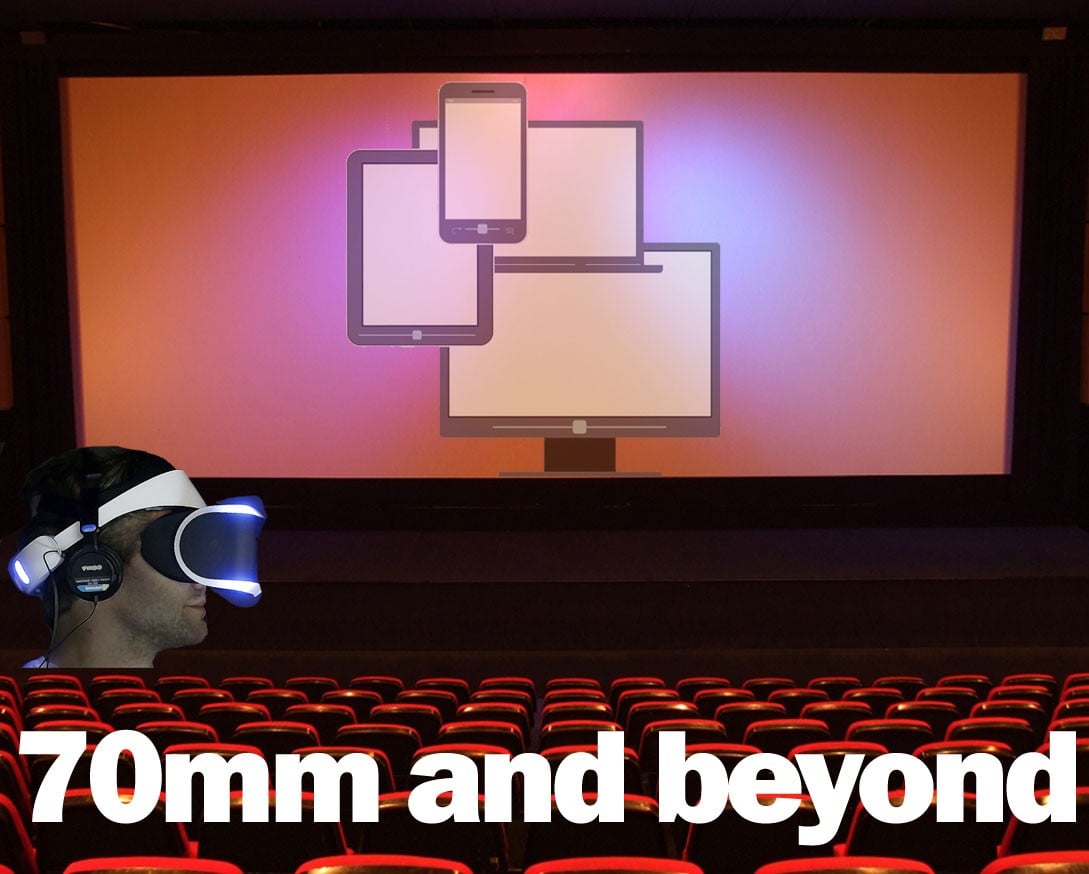
Looking at how technology has changed the way films are conceived and made

They say a film is humankind’s next big creation after a book. A film does evoke awe, pleasure, sadness and much else; the creative strings touched by the filmmaker end up leaving a lasting impact on the viewers.
But, unlike a book, a film is not just a filmmaker’s child. It is essentially the work of a team, and not least because it’s technologically-driven. Once the story is interspersed with songs, dance and music by the creative people, it becomes a technical job -- that involves camera, lights, postproduction and the medium it shall be watched on.
That’s how cinema came into being. The darkness of a cinema hall was thought to be the best place to watch a film -- offering the controlled environment as desired by the filmmaker.
But that’s not how it was meant to be for a long time. For the last 40 years or so, films have been watched on television screens, in the comfort of homes.
Technology kept opening new avenues, and soon it was possible to watch a film at one’s convenience, by pressing the pause, rewind, forward or stop buttons. And that altered the entire film-watching experience.
But wait a minute. Film was never the filmmaker’s sole property. There was the capitalist who invested his money in the filmmaker’s creative genius. Films were to be sold to the viewers and this aspect was not lost in the latter mediums that kept adding up the number of viewers as well the chunk of revenue the film was supposed to earn.
Our Special Report today aims to capture this evolutionary journey of films which in today’s digital day are being watched even on cellular phones. Obviously, some people are making money out of it on each medium. And obviously there is something that is lost and gained every time a film is watched on any medium other than what it was originally created for. The puritans think there is much that is lost, especially the cinematography, while others think they gain more choices if nothing else.
The Special Report aims to improve our own understanding and get the film viewers to start thinking on these issues.